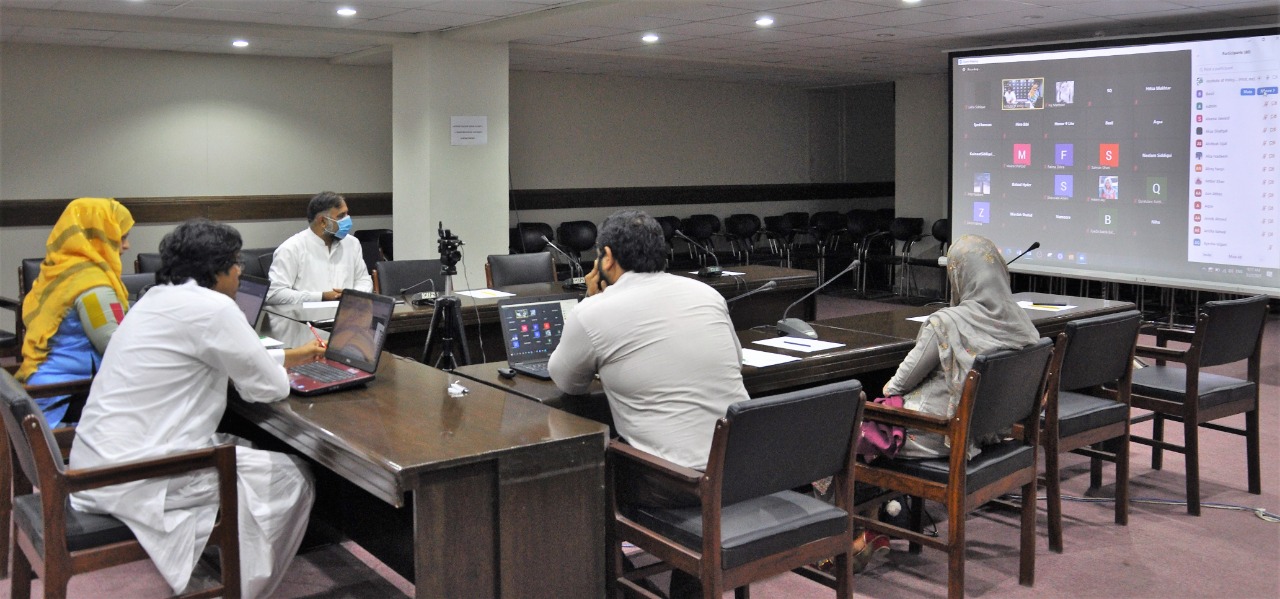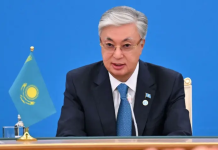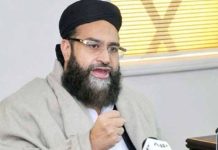ISLAMABAD: In an online interactive session organized by Institute of Policy Studies (IPS) in collaboration with the Department of Mass Communication, Karachi University, students of media research deliberated on the methodology and findings of a recent IPS’ study titled ‘Forced Conversions or Faith Conversion: Reality and Rhetoric’ with its researchers.
Dr. Ghulam Hussain Sufi, IPS research officer and author of the study, Syed Nadeem Farhat, senior research officer at IPS, responded to the questions and comments of the media research students, whereas Samina Qureshi, assistant professor, mass communication, moderated the discussion.
Busting the so-called forced conversion myth in Pakistan, Sufi Ghulam Hussain said marriage is the prime reason behind such conversions as Islam does not allow Muslims to tie the knot outside their religion. Hence, faith conversion is instead a ritualistic need for a converter, he added.
The baseline study, Hussain said, analyzed the content of around three dozen reports of various rights organizations.
He added that these reports are often presented as evidence for alleging that there is an organized and systemic effort to forcibly convert non-Muslims to Islam. However, he contended in the study that these reports lack any primary or empirical data.
Such reports, the study claims, rely on clichés cited from other reports which too have been prepared without any evidence. At most, he said, some reports had based themselves on anecdotal evidence taken from newspaper reports and political statements but they still do not independently verify the allegations of forced conversions from ‘the supposed victims and so-called perpetrators’.
Claims in these reports are tautological and make circular arguments based on unverified, unverifiable secondary sources, the study noted.
The study also probed the polemics against religious clerics, lawyers, police, and the state which characterizes the content of reports. It showed how the narrative is developed into a charged rhetoric through social media platforms to malign the state and society and the religion of Islam. It further alleged that social media accounts associated with Hindu extremist groups in India are quite active in spreading such allegations.
“To say that in Pakistan, non-Muslims are forced by religious clerics and the state will be a sweepingly naïve understanding of the very complex phenomena, and will be as flawed as the assertion that free-will conversions are always divinely inspired,” the study emphasizes and calls upon the civil society organizations and responsible citizens to abstain from raising ‘false alarm’ on sensitive issues through rhetoric that tarnishes the image of the country and Muslims without clear justification as it undermines genuine issues of the oppressed scheduled castes in Pakistan. Concluding the session, Samina Qureshi thanked the IPS team for the academic discussion on the sensitive topic and apprising media students of an alternate dimension of the issue.

















